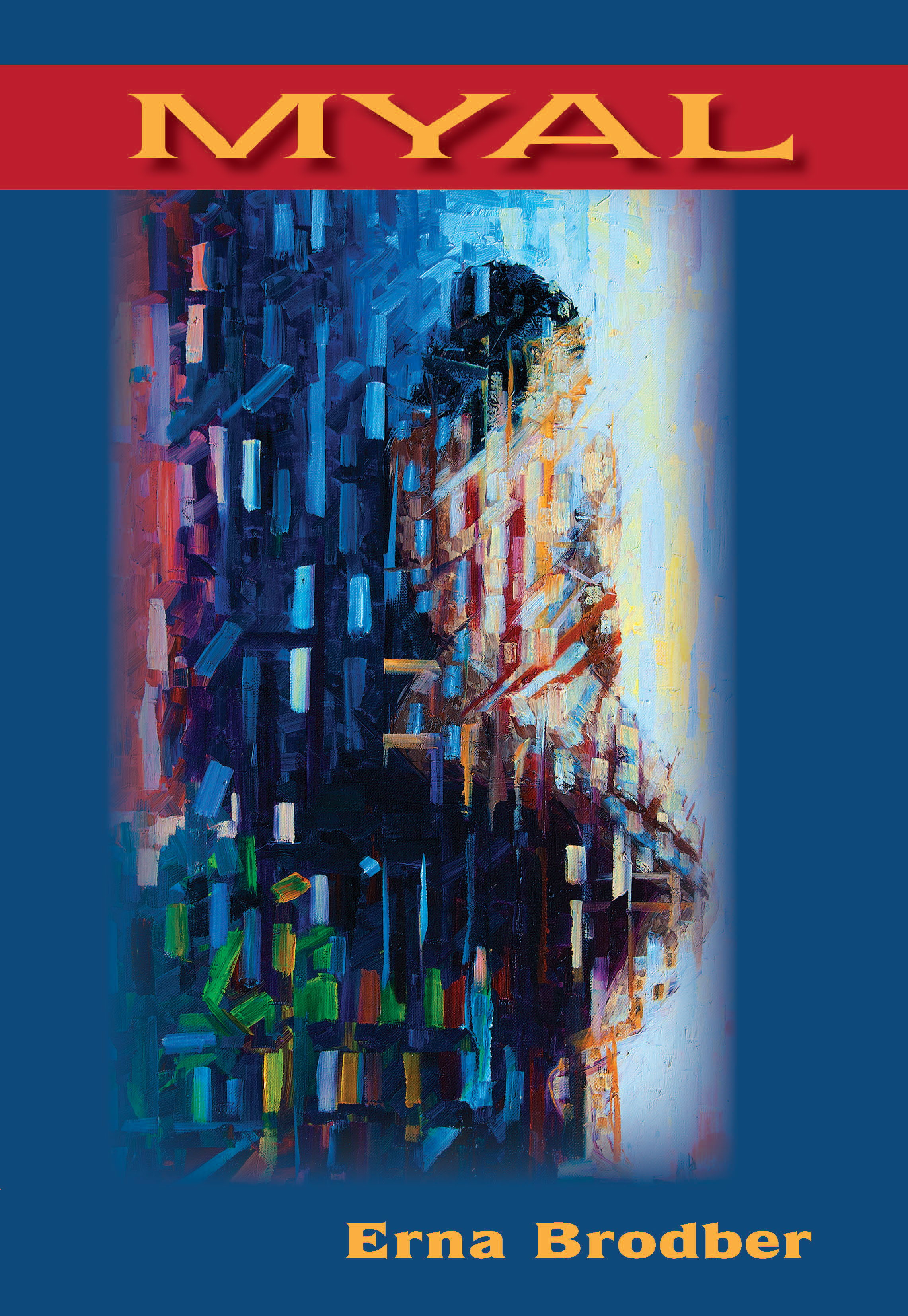
111 pages, $15.50 list
1-4786-2311-X
978-1-4786-2311-3
© 1988
paperback
Sales to North America (including the Caribbean) only
eBook availability
Similar Titles
Myal
Jamaican-born novelist and sociologist Erna Brodber describes Myal as “an exploration of the links between the way of life forged by the people of two points of the black diaspora—the Afro-Americans and the Afro-Jamaicans.” Operating on many literary levels—thematically, linguistically, stylistically—it is the story of women’s cultural and spiritual struggle in colonial Jamaica.
The novel opens at the beginning of the 20th century with a community gathering to heal the mysterious illness of a young woman, Ella, who has returned to Jamaica after an unsuccessful marriage abroad. The Afro-Jamaican religion myal, which asserts that good has the power to conquer all, is invoked to heal Ella, who has been left "zombified” and devoid of any black soul. Ella, who is light skinned enough to pass for white, has suffered a breakdown after her white American husband produced a black-face minstrel show based on the stories of her village and childhood. This cultural appropriation is one of a series Ella encountered in her life, and parallels the ongoing theft of the labor and culture of colonized peoples for imperial gain and pleasure.
The novel‘s rich, vivid language and vital characters earned it the Commonwealth Writers’ Prize for Canada and the Caribbean. The novel links nicely with Brodber’s coming-of-age story, Jane & Louisa Will Soon Come Home, also from Waveland Press, for its similar images, themes, and specific Jamaican cultural references to colonialism, religion, slavery, gender, and identity. Both novels are Brodber’s way of telling stories outside of published history to point out the whitewashing and distortion of black history through religion and colonialism.
The novel opens at the beginning of the 20th century with a community gathering to heal the mysterious illness of a young woman, Ella, who has returned to Jamaica after an unsuccessful marriage abroad. The Afro-Jamaican religion myal, which asserts that good has the power to conquer all, is invoked to heal Ella, who has been left "zombified” and devoid of any black soul. Ella, who is light skinned enough to pass for white, has suffered a breakdown after her white American husband produced a black-face minstrel show based on the stories of her village and childhood. This cultural appropriation is one of a series Ella encountered in her life, and parallels the ongoing theft of the labor and culture of colonized peoples for imperial gain and pleasure.
The novel‘s rich, vivid language and vital characters earned it the Commonwealth Writers’ Prize for Canada and the Caribbean. The novel links nicely with Brodber’s coming-of-age story, Jane & Louisa Will Soon Come Home, also from Waveland Press, for its similar images, themes, and specific Jamaican cultural references to colonialism, religion, slavery, gender, and identity. Both novels are Brodber’s way of telling stories outside of published history to point out the whitewashing and distortion of black history through religion and colonialism.
Reactions
“A great way to expose Afro-Caribbean spirituality in all its richness and depth to outsiders. Myal does better than all the theorizing about diasporic African cultures. Jane and Louisa Will Soon Come Home pairs favorably with Myal and compels the reader to reassess Caribbean stereotypes often perpetuated by a philistine Western media.” — Biodun Ogundayo, University of Pittsburgh, Bradford